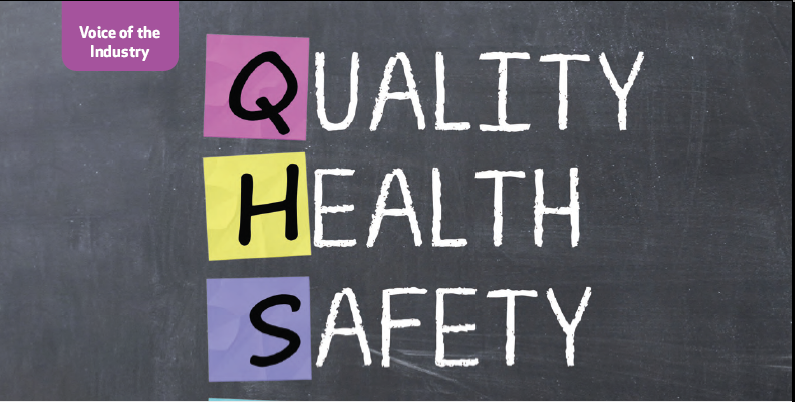The consultation around Raising the Bar, the competent people bit of the Hackitt Review, has been in full swing over the summer. FIS has and continues to support several of the working groups. Part of this process was attending a conference that brought together the initial conclusions of the various groups and I have to say there were a few times during it that I was squirming in my seat. Construction is complex and, often due to sequencing issues or design issues, we fi nd ourselves with diffi cult decisions to make, priorities to manage and we don’t always get it right – we can excuse some things, some common practices, but that doesn’t make them right.
The legal definition of competency is covered in the magazine this month and I have written before about the formula for competence based on Skill, Attitude, Knowledge and Experience, but the focus through Raising the Bar is to ensure competency is at the heart of decision making within construction. This is about individual accountability and collective responsibility; how do we all ensure that everybody in our supply chain is competent to do their job and when we pass the baton, make it as easy as possible for the next person to do the same in the relay race that is construction.
At the event we had interesting keynotes from MHCLG and Dame Judith Hackitt herself and they reinforced that regulation is only part of it, culture change is needed. It struck me as I listened to the lecture telling me that we must put people at the heart of the process, that this isn’t enough. To really change culture we need to keep people in our hearts throughout the process, we have to care more deeply about safety and quality than we do about hitting budgets and targets, keeping the cost down and shaving a bit of time and money out of the contract. This is fi ne in theory, but in a backdrop of punitive contracts and decades of value engineering, where do you start!
I suspect part of the answer to this was given at the launch of the Interior Systems Installer Apprenticeship Standard. This is a huge opportunity to reconsider how we start people out in our sector and ensure that we instil in them from day one the right values. Of all the feedback from the event, one comment stood out and gave me hope: “I sat on the train and read every last
word of the new apprenticeship scheme, and was gob smacked, you can tell it’s written by people who live and breathe the dust, not guys in ties.”
Speaking as “a guy who is often in a tie” it is encouraging to hear this feedback. What is different about this qualifi cation is that this is an industry standard that has been developed by the industry for the industry. Our job at FIS is to ensure that the network exists and works to create a platform to collaborate in this way, to listen and make sure that the right voices are heard, to champion the core values set by the members of the FIS and to help raise the standards for those that strive to do it better. The great thing about this Standard is that it has that buy-in from the entire supply chain, from the suppliers, through the contractors of all levels. We are very excited about harnessing this and working with the industry to ensure that this isn’t just a new qualifi cation, but a catalyst for change.


